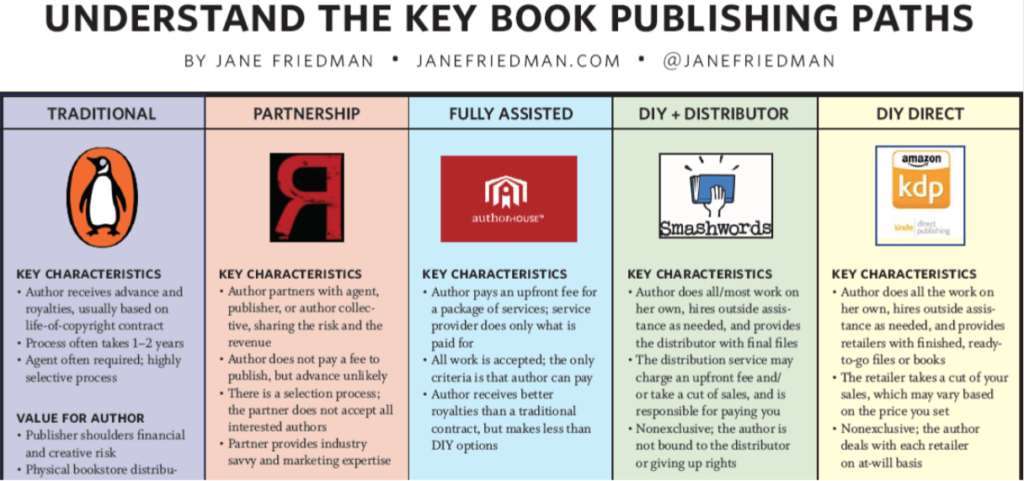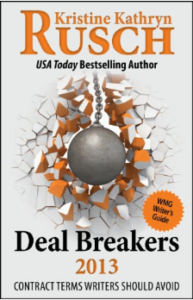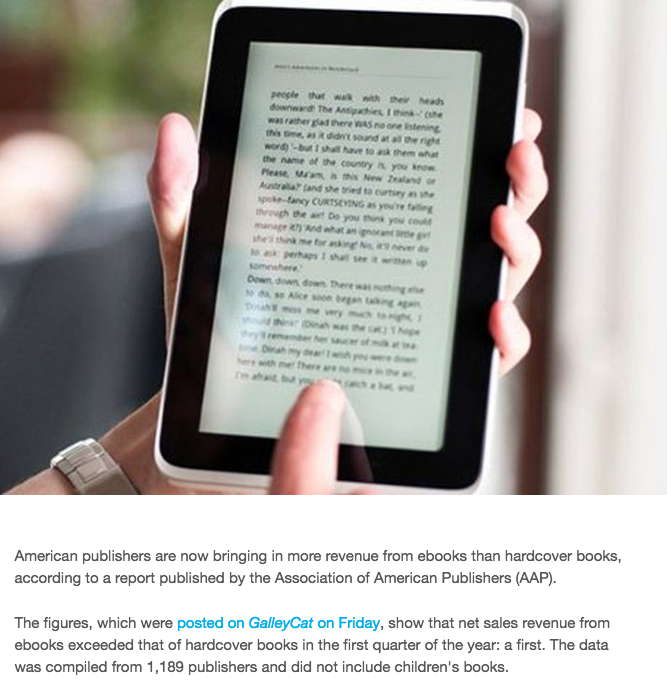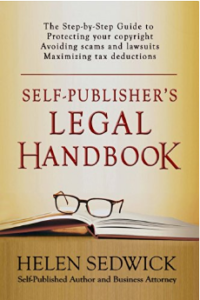Writing is about you, the author.
Publishing is about the book itself.
Marketing is about attracting and gaining the trust of the reader.
You choose how much work you do, when you publish your book.
Jane Friedman has an amazing blog where she shares all her insights on the publishing industry. It’s really useful for writers to understand in more detail the differences between publishing paths. For more information go here: https://janefriedman.com/key-book-publishing-path/.

Every author needs to decide on their definition of success.
Every author is different. What you want will be different from someone else. And that’s great. So you just need to ask yourself: Do you prefer to make a lot of money? Or are you more interested in the prestige and awards – ie. like the Man Booker Prize.
Successful Traditionally Published Authors:
Stephen King: Is pretty much a icon of the storytelling/traditional publishing industry. He’s very successful and probably more than any living novelist, he writes and talks about what it means to be a professional writer. In his own words, he calls himself, “a proletarian novelist.”
Alice Walker: First Black woman to win a Pulitzer Prize and a National Book Award. She is best known for her novel, The Color Purple,(which was made into a movie), for which she won a Pulitzer Prize for Fiction. She is an author and poet who explores themes of race and gender.
Successful Indie(Self-Published) Authors include:
Barbara Freethy: Her first indie published book hit #1 in the NYTimes and has had many more in the NYTimes list ever since. She sold in 3 years 4 million ebooks by publishing her romance books herself.
Barbara’s Tips: She watched videos on YouTube on how to create her own book covers. She hires out editors and proofreaders. She encourages authors to study what other successful authors are doing. Look at their blurbs and how they create their book covers and titles.
Bella Andre/Lucy Kevin: Has had many of her romances hit the #1 NYTimes list with millions of copies sold. And not long ago she signed a groundbreaking 7 figure print-only deal with Harlequin MIRA.
Pros and Cons of each…
Traditional Publishing
Pros:
*Prestige and Validation. You get the kudos and recognition by publishers who have been in the business a long time. Might help you feel like your work is good enough.
*You get a professional team working with you. You have editors working with you to edit your book. Cover designers to help design your book and a little help with marketing(although according to CJ Lyons, the author still does much of the marketing even with a traditional publisher).
*You do the writing and a lot of the marketing. The publishing is done for you, but you still need to market your book.
*You don’t have to put out money upfront. Instead there’s a potential advance against royalties that come in – which depends on how many readers buy your book.
*Print distribution to bookstores is easier. The traditional publisher distributes to many different stores.
*Literary prizes. If you are really wanting the literary or critical acclaim or awards, it’s more likely to happen if you’re traditionally published.
Cons:
*Very slow process. From the time you get a contract to publication, it can take years to see your book in the bookstores.
*Only a few authors get marketing help. Publishers sell to the bookstores and focus on that, they don’t focus on readers. The author has to focus on how to sell to readers.
*Royalty rates can be 10-25%. Which isn’t very much. And the royalty reports can be difficult to understand.
*You give up creative control. In traditional publisher, you don’t get a choice in book cover or in the final edits of your book.
*Some of the contract clauses can be problematic for the author.
Something to remember: When you sign a contract with a traditional publisher, your book now belongs to the publisher.
Bestselling Fiction author Dean Wesley Smith, who has published over 100 books with traditional publishers, has a great blog post that explores his thoughts on publishing traditionally for his novels in this post: http://www.deanwesleysmith.com/the-new-world-of-publishing-top-10-reasons-why-i-would-never-publish-traditionally/
The Self-Publisher’s Legal Handbook, by Helen Sedwick has really helpful information for any author. Whether you are choosing to be Traditionally published or the Self-Publishing route, this book will help you understand contracts, copyright and legal clauses.

As writers and authors it’s important to understand contract terms: which ones are helpful to advance your career, and which contract terms to say no to. These details are explained in detail in the book Deal Breakers 2013: Contract Terms Writers Should Avoid by Kristine Kathryn Rusch.
Self-Publishing/Independent(Indie) Publishing
Pros:
*Complete creative control. You choose what you want to write and how you want your book cover to look. You work with professional freelancers to help you.
*Faster time from initial idea to published book. After you’ve had your book professionally edited, your book can be for sale as soon as 24 hours after you upload it to Amazon, and you get paid 60 days after the end of the month.
*Higher Royalties. You get higher royalties than if you publish traditionally. As a self-published author who publishes direct to Amazon, you get between 70 – 85% of royalties vs. 10 – 25% for traditionally published book. It’s not a get-rich-quick scheme, but as you start to understand what you audience wants, you’ll start to sell more books – which means more royalties.
*Sell by any means you want in any global market. Since you keep your rights as a self-published author, you can sell your book how you want to. When you write in niche markets you can sell your book higher.
*As your sales increase, you can show evidence of sales and if you want – get some of your books traditionally published. It’s a way in. For example, Hugh Howey with the success of his self-published book, Wool. He talks about how he became a successful author in this post: http://www.hughhowey.com/so-you-want-to-be-a-writer/
Cons:
*You need to do everything yourself. And find professionals who can help you. As you connect with people online, it’s not hard to find editors, cover designers and more freelancers to help you. I learned most of what I needed to know about self-publishing through blog posts, podcasts or by searching on Google.
*You need to run/manage all aspects of your business. The first time is the hardest and after that it’s get easier with time. And I’ve discovered you can learn how to manage, even if you’ve never managed anything else before. All it takes is practice and a willingness to learn from other successful authors!
*There is less prestige with self-publishing. But, nowadays times have changed and most readers don’t even care who published your book. What they really care about is reading a great story.
*To create a professional book, you need to have a budget that includes editing and book cover design. The first thing potential readers of your book see is your book cover. That’s why it’s so important to have a great looking book cover that attracts readers to your particular genre. You need to invest no matter what business you begin.
*It’s difficult to get print distribution… but you can still do it with Ingram Spark as a self-published author.
For myself, I chose to be an Indie Author, because: 1)I love the freedom to write what I love to write 2)I love the 70% royalty rates 3)That I can publish my books by myself… and to do it quickly.
At first it was scary for me to self-publish my books, but I continued to learn from others and get the help I needed. Now it’s is still scary to actually hit “publish” with anything I write, but the actual process of writing, editing and self-publishing books is much easier now.
So I hope you feel encouraged and inspired to write the story you love and to give yourself permission to choose to publish your books however you like.
“You do not need anyone’s permission to live a creative life.” Elizabeth Gilbert
Hybrid Publishing
Many authors have chosen to go with both traditionally published books as well as self-published books. Many choose print-only deals with traditional publishers because of a wider distribution and then continue to self-publish and keep the ebook/digital rights because of the 70% royalty rates.
Authors who are both traditionally and self published are called Hybrid authors. For example: Hugh Howey has kept his digital rights for his successful book Wool, but has sold his print book rights for the same book.
The great thing is that it’s not an either/or choice anymore.
If you take Self-Publishing one step further and become an Indie(Independent) Author here are some thoughts…
*You are publishing books professionally
*You are publishing in the global market
*Your books are being read and you’re selling copies
*You are running a small business and on the path to making good money
*You are in control and managing your creative process and business
*Important to be proactive in writing, networking, marketing and just learning all about the process.
*You work with other creative professionals
It’s also important as an Indie Author, that you realize that when you publish an book, it’s not only one book. But, it’s not only 1 work. You can make: ebook editions(kindle, epub, PDF), Print editions; Audiobooks; Also sell other rights like film, TV, etc. Then you can multiply this by many different countries. Then take it another step further and multiply that by different languages you can translate your book into.
So the magic of publishing is that one book can be multiplied many times over! So you one manuscript is very, very valuable 🙂
More reasons to be an Indie Author…
Ebook sales on Amazon overtook print in 2012. Check out this post from Mashable.com.

There is an expansion of tablets, e-readers and smartphones for reading. Most people read on digital devices nowadays 🙂
Readers also buy print books online.
The big bookstores are dying, and there are more indie bookstores now starting up.
However, self-publishing and being an Indie Author, is not a get-rich-quick scheme. As I’ve discovered since I started writing and blogging and self-published my first book in 2013, it takes a lot of effort and hard work. But, I still love it. I love learning, I love writing stories and being able to publish them online and I also love helping other people do the same.
Successful Indie Author Hugh Howey has this to say about self-publishing…
“Self-publishing is not a gold rush. It isn’t a get-rich-quick scheme. There are no short cuts, just a lot of effort and a lot of luck. Those who do well often work ludicrous hours in order to publish several books a year. They do this while working day jobs until they no longer need day jobs. This is also true of the writers earning hundreds or even thousands a month.” Hugh Howey
As you begin your publishing journey, you’ll soon see that some companies are more honest than others. A helpful book to read – to help you avoid the sharks – has been compiled by The Alliance of Independent Authors: How to Choose a Self-Publishing Service by Jim Giammatteo and Orna Ross.
So think about how you define success.
Then give yourself permission to write the books you love to write and publish in a way that is will help you get to your goals.
Don’t wait for someone else to choose you. Don’t wait to be validated as as writer. Instead, give yourself permission to be a writer.
Choose yourself 🙂

